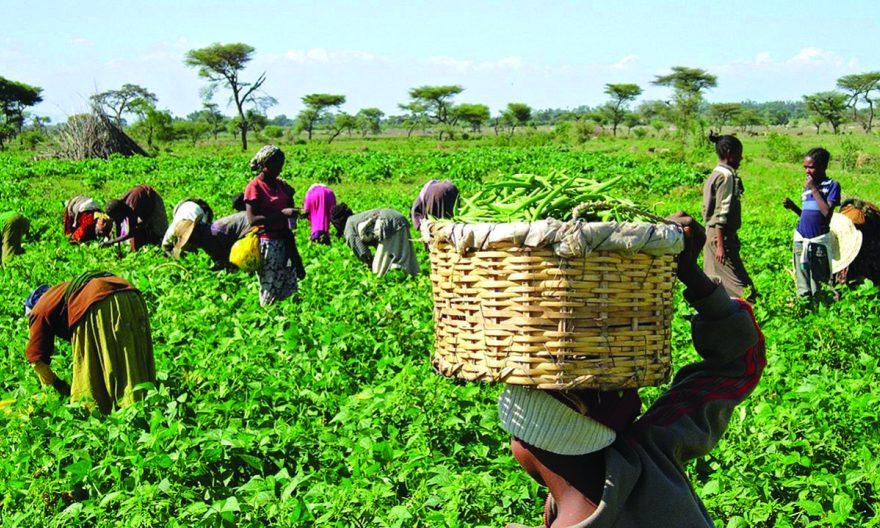Farmers in Nigeria have called on the Federal Government to create commercial ranches nationwide, where herders can graze their cattle for a fee. This request, made by the All Farmers Association of Nigeria (AFAN), aims to end the practice of moving cattle from place to place, which often results in crop destruction and conflicts in various communities.
Supporting the proposed bill to ban open grazing, AFAN highlighted that such a law would help resolve clashes between farmers and herders and potentially lower food prices. Femi Oke, the South-West Chairman of AFAN, emphasized the need for commercial ranches and urged swift action from both legislative and executive branches of the government.
“I was one of the speakers during the recent World Food Safety Day in Lagos, where it was suggested that open grazing should be stopped due to the destruction caused by roaming cattle,” Oke said. “Creating commercial ranches where herders can rent space to graze their cattle would be more effective and might reduce the prices of goods in affected areas.”
Oke also mentioned that this approach would prevent the destruction of farm crops, which people have invested in, and supported the idea of state governments overseeing these commercial ranches.
This call for change coincides with a significant development reported by The PUNCH on June 5, 2024. The Nigerian Senate passed the second reading of a bill to ban open grazing, sparking heated debates. If enacted, this bill, sponsored by Senator Titus Zam of Benue North West, would prohibit open grazing nationwide and establish regulations for managing ranches to mitigate disputes between herders and farmers.
Senator Zam outlined the bill’s objective to create a National Animal Husbandry and Ranches Commission to oversee ranch management and preservation. However, the bill faced strong opposition from Senators Danjuma Goje of Gombe and Adamu Aliero of Kebbi, who argued that cattle rearing is more prevalent in the North and that the legislation should apply uniformly across the country.
Femi Oke also addressed the issue of high food prices in Nigeria, attributing it partly to pest infestations. He called for government subsidies for farmers and the establishment of a price commodities board to provide support during crises.
Agriculture Minister Abubakar Kyari recently highlighted the impact of pest infestations, particularly on tomatoes, contributing to rising costs. In response, the ministry is deploying experts to affected areas and supporting farmers with resources to recover their crops.
AFAN’s National President, Kabir Ibrahim, also commented on the high food prices, stating that factors such as seasonal production variations and high transportation costs are significant contributors. He emphasized that smuggling is not a major cause of the current price hikes. Ibrahim suggested year-round cultivation as a solution to ensure food sufficiency.
By addressing both the herder-farmer conflicts through the establishment of commercial ranches and tackling the factors behind high food prices, Nigerian farmers believe the country can achieve greater agricultural stability and food security.













